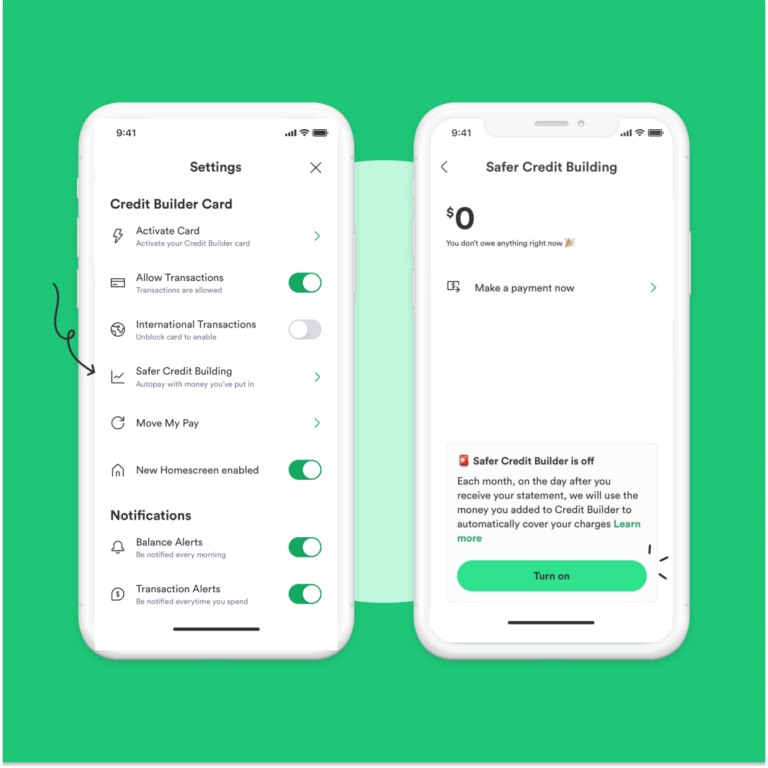Cash-away re-finance compared to house security mortgage: that’s most readily useful?
- What is the difference between household guarantee and money-out refinance?
- Is it best to features domestic equity otherwise dollars?
- What’s the downside out-of a house equity mortgage?
- Was an earnings-out re-finance risky?
- Cash out refinance compared to domestic collateral loan: closure viewpoint
If you would like money and possess excessively domestic security built up, you might want to access with the funds. Using your household once the equity, you could make use of your property equity sometimes as a consequence of a cash-out refinance or a property security loan.
But what is the difference in a money-aside refinance compared to home guarantee loan? Is it best to has actually collateral or dollars? And you may what is risky on the a funds-out re-finance?
On this page, we’ll discuss the distinctions and dive greater into the for every solution. Let me reveal all you need to find out about dollars-out refinance against home security mortgage.
What is the difference between house equity and money-aside refinance?

Quite simply, household equity fund are 2nd money, when you find yourself bucks-out refinances is actually very first fund. A house guarantee financing is actually another mortgage from your own financial and you can adds a different percentage. A cash-aside refinance, likewise, takes care of payday loans Collinsville your home loan and provide you a unique one to.
Another type of secret difference would be the fact an earnings-aside re-finance offers a far greater rate of interest. As stated, cash-away refinances are basic fund, and thus they’ll certainly be paid off first in the outcome regarding bankruptcy proceeding, property foreclosure, otherwise reasoning. While the exposure into the bank is leaner to have first funds, typically the rates of interest are down also.
To raised comprehend the variations and you will parallels anywhere between domestic guarantee and you may cash-away refinance, why don’t we look closer at each.
Cash-aside re-finance vs house equity mortgage: Cash-away re-finance
If you are there are different types of re-finance, a money-away refinance is basically an alternative first-mortgage. They enables you to take out during the bucks a fraction of the newest guarantee which you have produced in your property.
When you have had your home loan for a lengthy period that you keeps built house equity, you will be able to perform a cash-aside refinance. not, of many residents will perform a money-away re-finance in the event the value of their house has increased. Simply put, if you were to think the value of your house has increased due to the fact you bought it, you will probably be able to create a funds-out re-finance.
Just how an earnings-out re-finance really works
An earnings-away re-finance generally setting youre substitution your existing mortgage which have a separate home loan. The mortgage amount toward the financial is more than the fresh amount borrowed you owe on your own current mortgage. You get remaining the essential difference between your home loan balance as well as your the newest loan amount, after the mortgage loans are distributed. Mention, although not, that money you retain was without guarantee youre making at your residence, as well as other standard costs and you can settlement costs.
Exemplory instance of bucks-away re-finance We have found an example. State your home is $two hundred,000 and also you are obligated to pay $100,000 on your own home loan. When planning on taking cash-out, your tend to need certainly to log off 20% collateral (in this instance, $40,000) throughout the assets. For those who planned to re-finance your home with a brand new $160,000 amount borrowed, you would located $sixty,000 (without any standard fees and closing costs). And also this form, however, your monthly obligations create raise and then make up the brand new amount borrowed.
Cash-aside refinance vs domestic collateral mortgage: Family guarantee loan
A house equity loan try another mortgage. Independent from your home loan, household collateral money enable you to borrow on the newest equity inside your residence.

